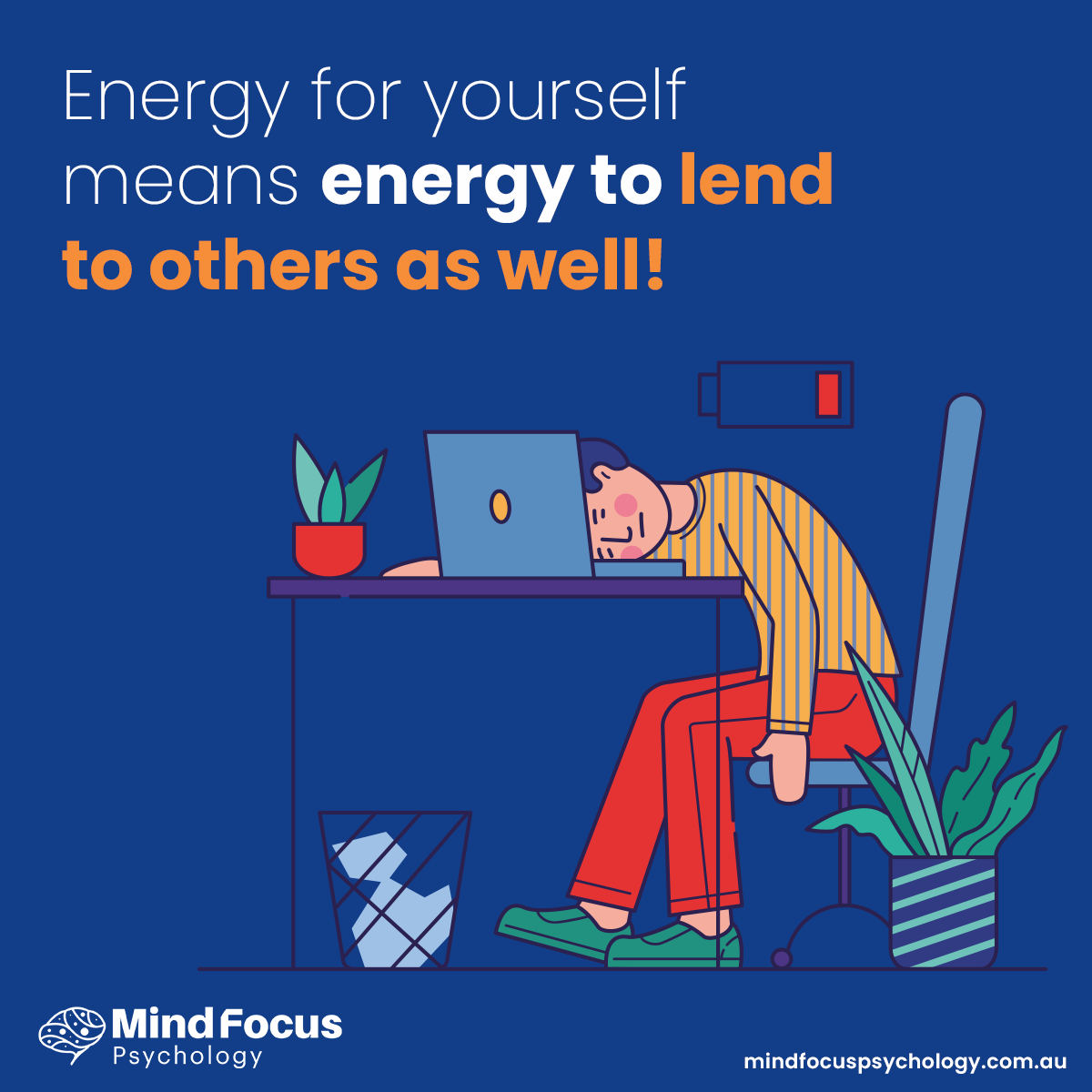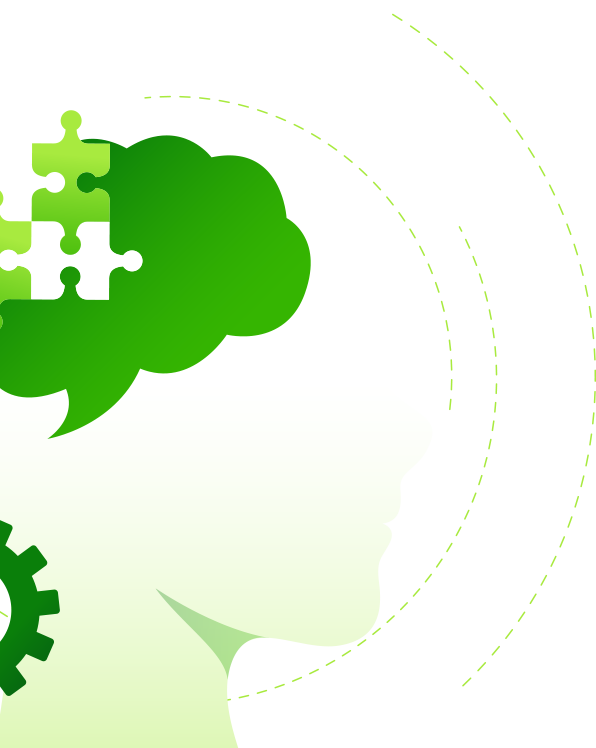
February 12, 2024
Navigating the Thin Line: Selfishness vs. Self-Care – A Vital Distinction
In the labyrinth of daily life, the question often arises: “Am I being selfish just because I want to take care of myself?” The internal dialogue continues, questioning the morality of wanting personal well-being. It’s crucial to recognize that self-care and selfishness are distinct concepts, each carrying its own set of implications. In unraveling this dichotomy, it becomes evident that self-care isn’t just a personal indulgence but a necessary component of holistic well-being.
Defining the Divide: Selfishness vs. Self-Care
Selfishness, in its essence, revolves around prioritizing one’s interests without regard for others. It encapsulates actions driven solely by personal gain, often at the expense of those around. On the flip side, self-care is a deliberate, conscious effort to maintain and improve one’s own health and well-being. Unlike selfishness, self-care isn’t driven by a disregard for others but is rooted in the understanding that nurturing oneself is crucial for overall functioning.
The Essence of Self-Care
Self-care, far from being a frivolous pursuit, is a fundamental necessity for a balanced, healthy life. It encompasses a spectrum of activities aimed at maintaining physical, mental, and emotional well-being. Whether it’s taking a leisurely walk, enjoying a quiet moment with a book, or seeking professional support when needed, self-care is a personalized journey toward resilience and vitality.
The Ripple Effect: How Self-Care Benefits Others
Contrary to the misconception that self-care is a solitary act, its positive impacts often extend beyond the individual. Imagine a scenario where you’re constantly running on empty, emotionally drained, and physically fatigued. The ability to engage meaningfully with others diminishes, and the quality of interactions may suffer. This is where the true essence of self-care shines – by prioritizing your well-being, you recharge your energy reserves.
A well-nourished individual is better equipped to contribute positively to relationships, both personal and professional. The energy cultivated through self-care becomes a renewable resource, enabling one to not only meet personal goals but also engage more empathetically and energetically with others. In essence, self-care creates a ripple effect, fostering a community of individuals who are more attuned to their needs and, consequently, more available for meaningful connections.
Dispelling Guilt: Embracing the Importance of Self-Care
Often, the association of self-care with selfishness stems from societal narratives that prioritize constant productivity over individual well-being. This guilt can hinder individuals from prioritizing themselves, perpetuating the myth that selflessness requires sacrificing personal health. It’s crucial to recognize that self-care isn’t an indulgence but a strategic investment in one’s ability to navigate life’s challenges.
Conclusion: Nurturing the Self for the Benefit of All
In the intricate dance between selfishness and self-care, the distinction lies in intent and impact. While selfishness may breed isolation and discord, self-care is a bridge to holistic well-being, benefiting not just the individual but those who share their journey. It’s a paradigm shift that acknowledges the interconnectedness of personal and collective thriving, transforming self-care from a perceived luxury to an essential foundation for a fulfilling life. So, the next time you contemplate taking a moment for yourself, remember: in nurturing your own flame, you contribute to the collective warmth of those around you.



